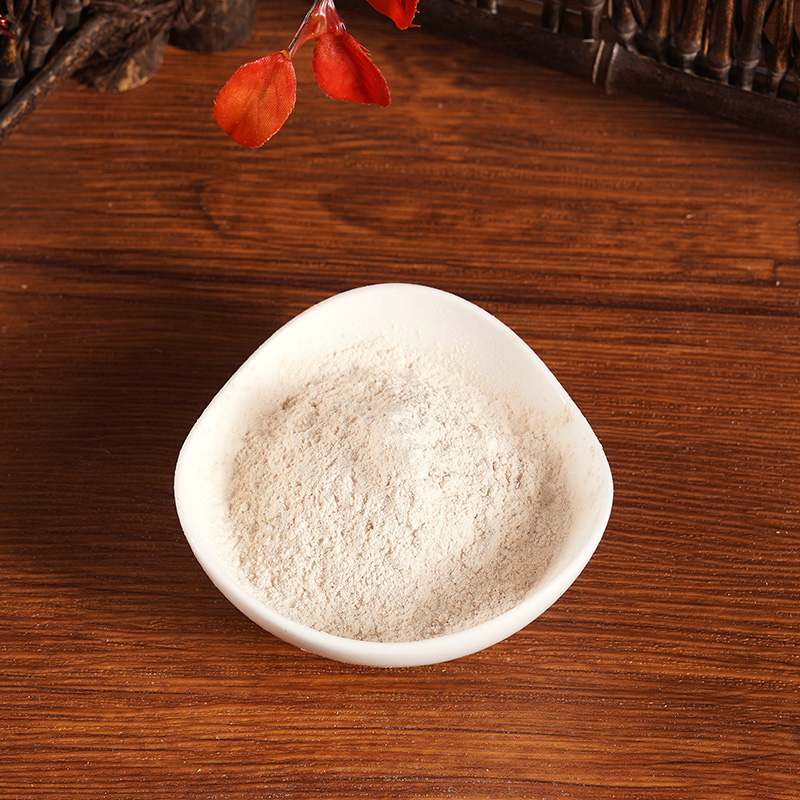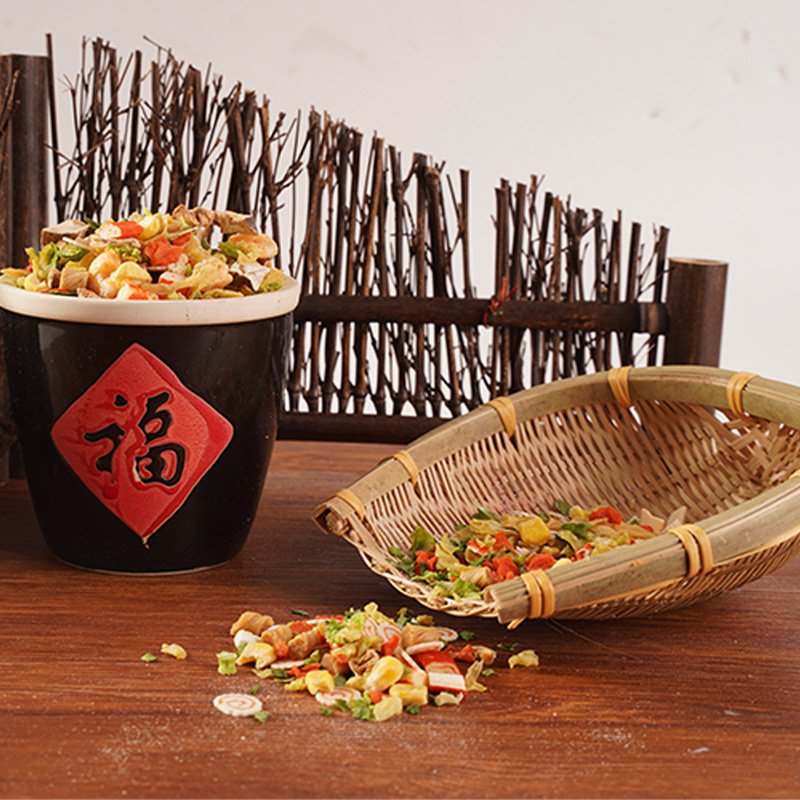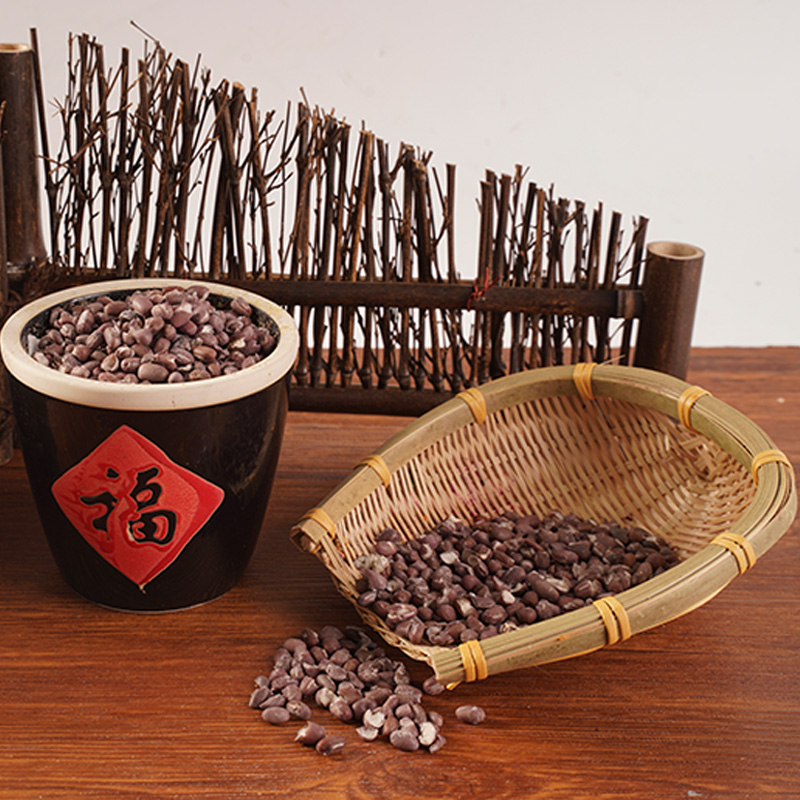How Vital Are Dehydrated Vegetables?
For many, dehydrated vegetables conjure images of lightweight camping meals or the colorful specks in instant soups. However, their significance extends far beyond mere convenience. Understanding the true value of dehydrated vegetables reveals their role in nutrition, sustainability, and global food security.
Preserving the Essentials: The Science Behind Dehydration Dehydration, the process of removing water content from vegetables, effectively inhibits the growth of spoilage microorganisms like bacteria, yeasts, and molds. This fundamental preservation method, employed through techniques like air-drying, freeze-drying, or drum-drying, dramatically extends shelf life – often to several years when stored correctly in cool, dark, and airtight conditions – without necessarily requiring refrigeration. This inherent stability is a core part of their value proposition.
Nutritional Retention: A Closer Look A common concern is nutrient loss. While some degradation, particularly of heat-sensitive vitamins like Vitamin C and certain B vitamins, occurs during the initial dehydration process (varying by method and temperature), dehydration effectively concentrates other nutrients. Minerals (iron, potassium, calcium), fiber, and antioxidants (like beta-carotene in carrots) remain largely intact and become more concentrated by weight compared to fresh produce. Freeze-drying, in particular, is recognized for superior retention of vitamins, color, and shape due to the low-temperature sublimation process. Studies, including those published in the Journal of Food Science, confirm that properly dehydrated vegetables retain a significant portion of their original nutritional profile, making them a viable source of essential nutrients.
Logistical and Practical Advantages The reduction in weight (up to 90%) and volume is perhaps the most tangible benefit. This translates directly into:
- Reduced Transportation Costs & Emissions: Shipping lightweight dried goods requires less fuel and generates fewer greenhouse gases per unit of nutrition delivered.
- Efficient Storage: Vast quantities can be stored in minimal space, reducing warehouse footprint and costs. This is crucial for both commercial food service and household emergency preparedness.
- Minimized Waste: Dehydration utilizes produce that might otherwise spoil quickly, aligning with global efforts (like those championed by the FAO) to reduce food waste, estimated at over 30% for fruits and vegetables globally. Extended shelf life also drastically cuts down on spoilage at the consumer and retail levels.
- Accessibility: They provide access to vegetables in regions with limited fresh produce availability, during off-seasons, in remote locations (expeditions, military operations), or in emergency situations where fresh supply chains are disrupted.
Addressing Limitations and Best Use Dehydrated vegetables are not a direct, perfect replacement for fresh. Rehydration is necessary for most culinary applications, and the texture can sometimes differ from fresh counterparts. Flavor, while concentrated, may lack some of the subtlety of just-picked produce. However, their strength lies in versatility: they excel in soups, stews, sauces, casseroles, baked goods, and as components in ready-to-eat meals and snack products. Modern drying technologies continue to improve texture and flavor retention.
Labeling dehydrated vegetables merely as "convenient" undersells their multifaceted importance. Their ability to preserve essential nutrients for extended periods, drastically reduce logistical burdens and food waste, and provide reliable access to vegetable-based nutrition makes them a genuinely vital component of the modern food landscape. They are a strategic asset for food security, sustainability initiatives, and ensuring nutritional intake in diverse and challenging scenarios. While fresh vegetables remain nutritionally ideal when available, dehydrated vegetables offer a scientifically sound, practical, and often indispensable alternative, proving their worth far beyond the backpack or the pantry shelf.
News Category
- Company News(1)
- Industry News(75)



 English
English русский
русский 日本語
日本語 한국어
한국어 中文简体
中文简体












